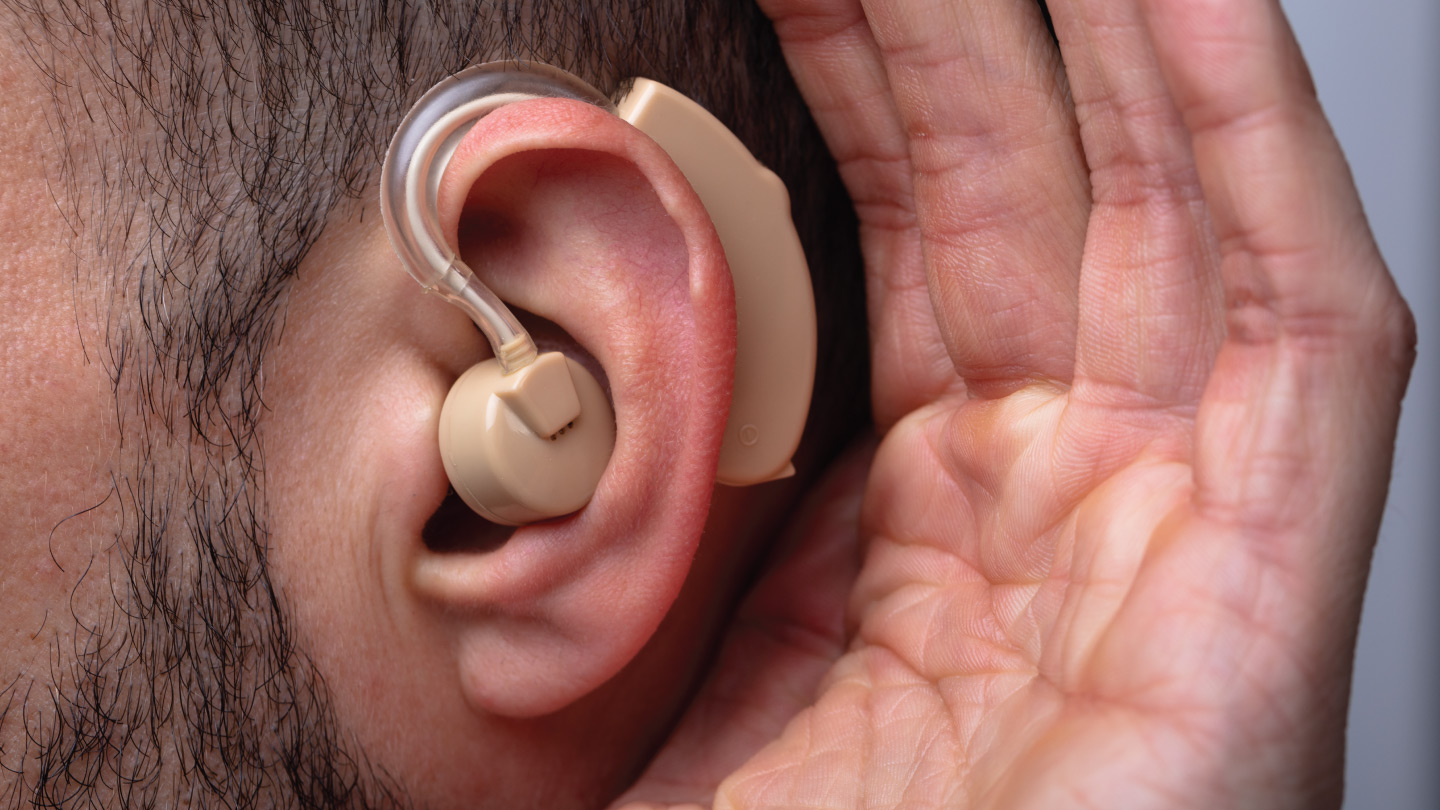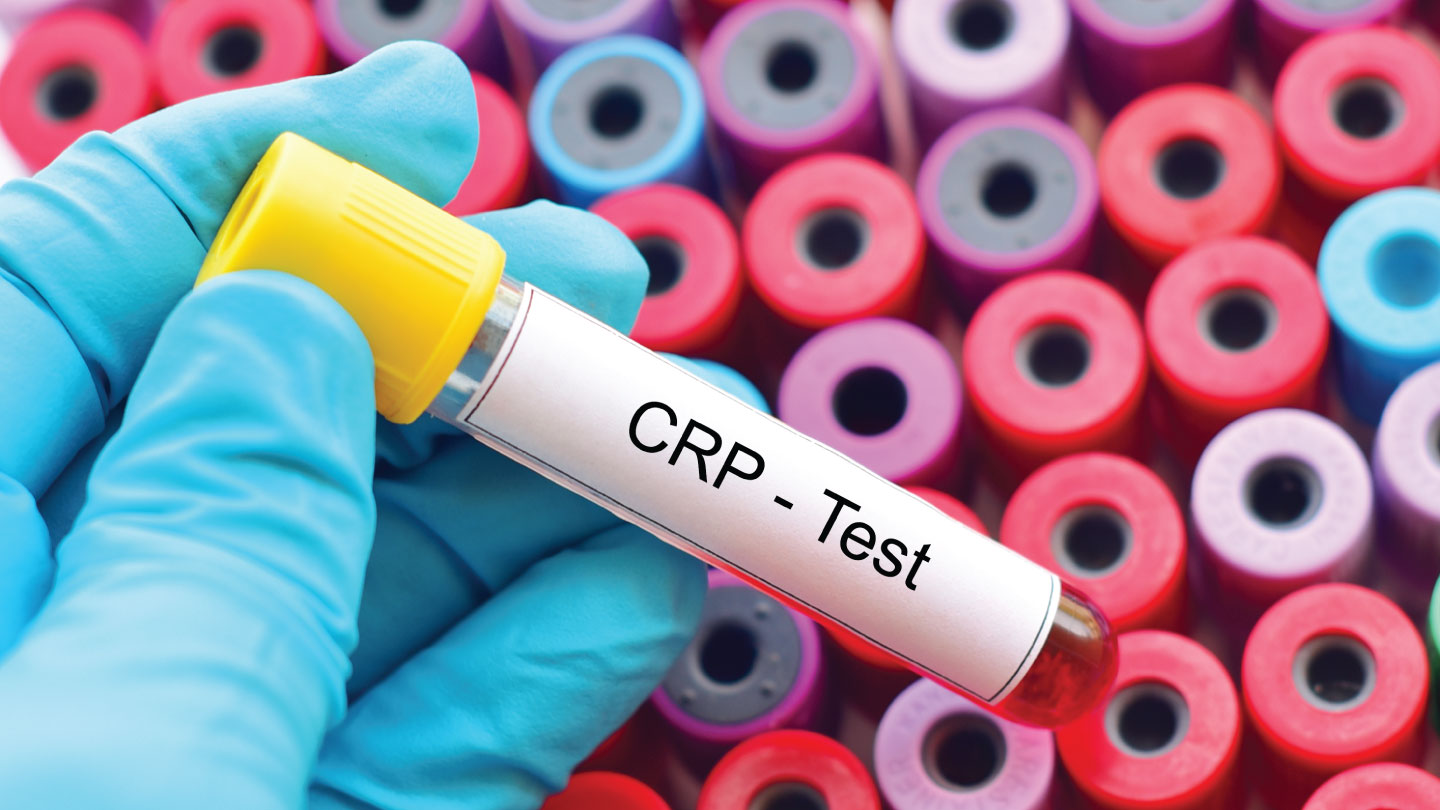Medical
8 Signs Your Body Needs A Detox
From chronic fatigue to skin issues, don't ignore these signals that your body needs a detox. Learn easy ways to reset your detox system.

Let’s face it: life today is full of exposure to things our bodies weren’t designed to handle. From processed food and air pollution to toxic cleaning products and personal care items, our systems are constantly working to process and eliminate toxins. But sometimes, that system gets bogged down by the toxin overload.
The good news is that you don’t need to be chugging green juice or doing a 7-day cleanse to support your body’s detox systems. Detoxing is all about helping your body do what it’s already built to do: eliminate waste and renew itself.:
Need all your wellness solutions in one place? A whole new world awaits just a click away.
8 Signs of Toxin Overload
1. Brain Fog, Forgetfulness, or Trouble Focusing
A 2024 study published by Science of the Total Environment shows that some environmental toxins can cross the blood-brain barrier and accumulate in brain tissue. They can affect brain chemicals and cause inflammation. The result? You feel mentally sluggish, foggy, and maybe even more anxious or moody than usual.
While occasional forgetfulness is normal, persistent cognitive issues like brain fog, memory lapses, or difficulty concentrating can be a sign of something deeper. If your mental clarity feels off, even after a good night’s sleep, it might be time to examine your environment for cognitive disruptors such as poor air quality, excessive screen time, chronic stress, poor diet, dehydration, or even hidden mold exposure. These factors can all subtly impair brain function over time.
2. Struggles With Weight
You’re eating clean, exercising regularly, and still not seeing the results you want. Sound familiar? Toxins could be playing a hidden role. Many environmental chemicals are lipophilic, meaning they’re stored in fat cells. Your body may hold onto fat as a protective mechanism because losing it would mean releasing stored toxins into your bloodstream.
Even more frustrating, these toxins can disrupt your metabolism and throw your hormones out of balance, making weight loss even harder. So if your weight won’t budge (or fluctuates for no clear reason), consider that it might be less about willpower and more about helping your body clear the toxic burden.
The good news is, you can support your body’s natural elimination processes in simple but powerful ways. Focus on hydration, increase your intake of fiber-rich vegetables to support digestive clearance, and eat foods that nourish your liver—like leafy greens, beets, garlic, and cruciferous vegetables. Prioritize sweating through exercise or sauna use, and make sure you’re getting quality sleep to allow your body time to repair and process waste. Minimising exposure is key too: reduce plastics, choose clean personal care products, and filter your water when possible.
Related story: Best And Worst Cooking Oils: How to Choose With Experts
3. Intense Sugar Cravings
Sugar cravings aren’t always just about willpower—they can be a sign that your detox pathways are overworked.
Here’s why: Toxin exposure, especially from chemicals like BPA (found in plastics), can mess with your blood sugar regulation and hormone signals. When your liver is busy processing toxins, it may not balance blood sugar effectively, leading to sudden drops and intense cravings for quick fixes like sweets or refined carbs. On top of that, certain gut bacteria thrive on sugar. If your gut microbiome is out of balance (which often happens after toxin exposure), those microbes can signal your brain via the vagus nerve to feed them more sugar.
Related story: How Artificial Light Affects Your Health
4. New or Worsening Allergies
When your detox systems are sluggish, toxins can build up and overstimulate your immune system. Your immune cells might become hypersensitive, mistakenly identifying harmless substances such as pollen or certain foods as dangerous threats.
This hypersensitive state is linked to increased inflammation and a breakdown in immune regulation. So if you’ve developed mysterious food sensitivities, skin reactions, or more intense allergy symptoms, it might not just be your environment it could be that your detox pathways need help.
Related story: Why Does Anxiety Worsen At Night And What Can You Do About It
5. Increased Sensitivity to Smells or Chemicals
A 2011 study published by the International Journal of Environmental Research shows that individuals with impaired detoxification pathways often experience increased chemical sensitivities as toxins accumulate in tissues.
Heightened chemical sensitivity is a telltale sign that your body’s detoxification system is struggling. When toxins accumulate in your tissues, your body becomes more reactive to even small exposures.
Related story: Are You Addicted to Your Phone? Here’s How You Can Cut Screen Time
6. Persistent Fatigue
You’re getting enough sleep, but still dragging through the day. Constant tiredness that doesn’t go away with rest could be your body waving a red flag. Environmental toxins can interfere with your mitochondria—the energy-producing powerhouses in your cells, making it harder for your body to generate the energy you need to feel your best.
When your detox pathways are under pressure, your body shifts focus to eliminating toxins instead of fueling your usual activities. You might find yourself relying on caffeine just to stay functional or experiencing an afternoon energy crash, even if you slept well the night before.
Related story: Ways to Practice Mindful Screen Time
7. Digestive Distress
Your gut is a key player in your body’s detoxification process, so it’s no surprise that digestive issues can be a major clue that things are off. If you’re dealing with irregular bowel movements, bloating, gas, acid reflux, or even undigested food in your stool, your digestive system may be struggling to keep up.
Heavy metals and other toxins can interfere with the nerves that control how your intestines move, leading to constipation or sluggish digestion. When elimination is poor, toxins can start getting reabsorbed into your system instead of being flushed out, creating a vicious cycle. A detox can help restore balance and improve digestive function.
Related story: 6 Reasons to Try Circadian Rhythm Fasting
8. Skin Issues
A 2012 study published by the University of Bradford found that when the body’s primary systems for eliminating waste are impaired, the skin can step in to assist with toxin removal. This can lead to skin issues like psoriasis and eczema, linked to inflammation and changes in how the skin processes fats.
When internal detoxification systems can't keep up, toxins may be pushed out through the skin. This can disrupt the skin barrier, alter its pH, and provoke immune responses. Inflammatory chemicals like histamine may be released in the skin, triggering symptoms such as hives, redness, itching, or swelling. These reactions are often the immune system's response to irritants or perceived threats, even if they're actually harmless. The result can be acne, rashes, dryness, excessive sweating, body odour, or chronic itchiness—all signs that the skin is under stress and acting as a backup elimination organ.
If you follow a skincare regime religiously and are still dealing with premature ageing, it is not your skincare but toxins to be blamed. Toxins can trigger inflammation in the skin, leading to flare-ups and premature ageing. If your complexion looks dull or you’ve noticed an increase in sensitivity or breakouts, it could be your body’s way of telling you that it's struggling to manage internal toxins and needs a little support.
Need all your wellness solutions in one place? A whole new world awaits just a click away.
Regular health checks are essential for everyone, but they are particularly important for individuals who are at risk of or already have any underlying conditions. Taking regular health checks can help detect (condition name) at an early stage when it is easier to manage and treat. With the UR.Life HRA, we help you to invest in your well-being through seamless interventions and targeted medical treatments. Our holistic wellness approach caters to all aspects of your well-being. We ensure that you can bring your whole self to work.
With our medical professionals by your side, routine health check-ups will never be an issue. Advanced laboratory technologies back UR.Life’s Occupational Health Centers (OHC), and with highly qualified experts/technicians, we’re committed to delivering trusted and quality recommendations, modifications and advice to you.
EXPLORE MORE
Hearing loss interacts deeply with emotional, social, and cognitive systems. When combined with loneliness, the risk to memory and thinking functions is especially strong.
Hypertension continues to rise in India, with millions depending on daily pills. Research is now revisiting Sarpagandha (Rauvolfia serpentina), an Ayurvedic herb, for its role in supporting blood pressure management.
Many types of inflammation aren’t obvious on the surface. Learn which blood tests can reveal it and how to understand the numbers.
Nearly all cases of cervical cancer are linked to the human papillomavirus (HPV). Now, a Mexican scientist may have found a breakthrough therapy that could change the future of women’s health.










